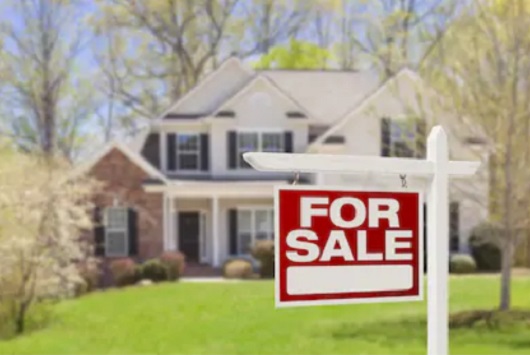Selling a home doesn’t happen overnight. There’s a lot of legwork that needs to be done. It can take weeks, months or even years in some cases before the transaction is complete. Every step along the way needs to be taken in order.
The process can be overwhelming but can be much more manageable with the right help. Having a proper plan in place can help you avoid a lot of hassles and headaches.
Having an open mind and a realistic view of the situation can also make things more manageable.
Here are 6 key steps for selling a home in Florida:
1. Talk to a realtor.
One of the first things you should do is to consult a real estate agent. You could sell your home by yourself, but most average people don’t know the market like realtors do.
They have a wealth of information, expertise and connections that can to make the process as efficient as possible. Schedule a meeting with them to express your intent.
They will work with you to create a plan of action to get your home sold. As the seller, you will be responsible for any listing costs, as well as for hiring the agent and paying commissions to them on the sale.
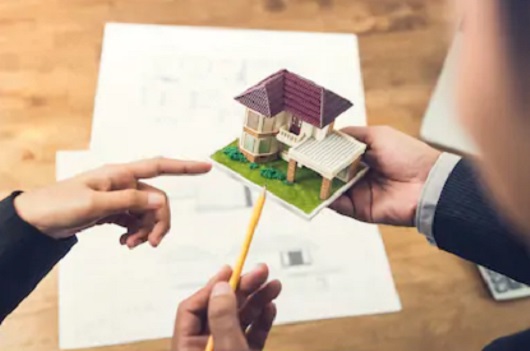
2. Come up with an asking price.
The next thing that you should do is come up with an asking price for your home.
The price should be comparable to other similar homes in the same area and condition.
Setting a price that’s too high can cause your home to be on the market for longer than expected. but having a price that’s too low could cause you to not get the most return on your investment.
Your real estate agent can help you create an asking price that’s reasonable and realistic.
3. Get your home ready to sell.
When you’re ready to put your home up for sale, it’s time to make your house look presentable. A good cleaning from top to bottom, inside and out, wouldn’t hurt.
It’s a perfect time to tackle those improvement projects that have been on your “to-do” list for a while. If there are areas that need attention, take care of those issues as soon as possible.
You want to create a favorable first impression in the minds of your prospective buyers. Once you’ve tackled those projects, you’re ready to stage your home.
Move furniture around so that it’s easy to move around in each room. Open your blinds and curtains to let more light in and accentuate key selling features of your house.
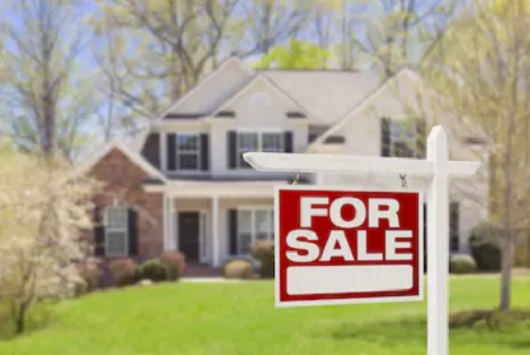
4. Start hosting open houses.
Now it’s time to start hosting showings of your home.
Your realtor will schedule open house appointments for you. You don’t need to be present at each of them, but it’s a good idea to make everything as clean and inviting as possible.
If you have pets, you may want to take them with you, or have them stay with a friend, family member or neighbor for a while. Some of your guests may have pet allergies. Your pets may also feel uncomfortable around strangers in your home.
You should also make sure to keep any private or confidential information out of the way. You can lock or put away any personal information, photos or other items.
5. Field offers and negotiate.
It shouldn’t take long before you start receiving offers on your home. Take some time to review them, and don’t be afraid to negotiate with interested parties if necessary.
You don’t have to accept the first offer that you receive. If it seems too good to be true, it probably is, especially if the prospective buyer’s financing isn’t in order. If you’re in a hurry to move, you may be more inclined to take a lower offer that allows you to move in enough time.
When you find the right one, it’s time to accept an offer. This will start to set the closing process in motion. A contract will be drafted for both parties to sign.
The contract should list the purchase price, the down payment for the buyer, information about the financing terms and any contingencies, warranties or other fees.
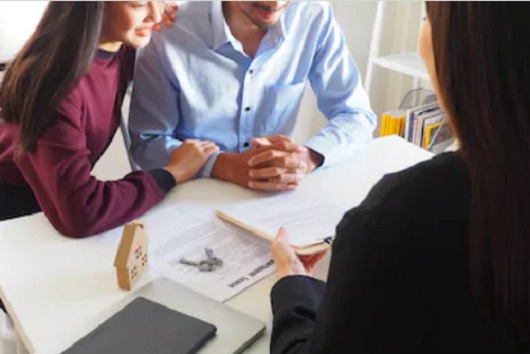
6. Be prepared for a home appraisal and inspection.
An appraisal of your home will probably be required. A licensed appraiser will evaluate the property to determine whether or not the estimated value is realistic.
The buyer will also schedule a home inspection. Both you and the buyer should be present for the home inspection. The inspector will issue a report and identify and potential problems or concerns that should be addressed.
You can work with the buyer to determine which party will be responsible for such matters. Some sales may also need to have a property survey. A surveyor will come out to review the property lines to ensure that records are correct.
From there, there will be quite a bit of paperwork to complete. The buyer will be allowed to conduct a final walkthrough of the home the day before closing is complete.
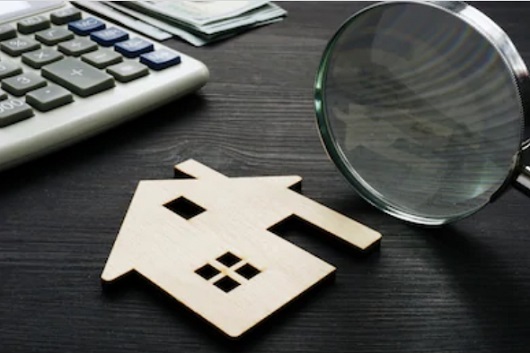
At the closing, the buyer will be presented with the deed to the home after it has been signed. All costs are paid, and title insurance policies and title transfer documents are exchanged.
The proper local government office will receive all copies of paperwork from the sale that they require. The seller will receive a check for the sale, and the buyer will be given the keys to their new home.
A lot can happen from the time you decide you want to sell your home until the day when you receive the check from the sale. Feel free to ask questions as needed.
Your realtor should be able to answer your questions or at least connect you with experts who should have the answers you’re looking for. Be prepared for delays and setbacks. They are bound to happen, but most of them are minimal.
Once you’ve decided to sell your home, a lot more people are involved than you’d probably expect. It’s all part of real estate transactions. Every person wants to ensure that the process goes smoothly for everyone involved. You’ll soon be on your way to your next location before you know it.
Have Questions? Ask Barbara!
Give Barbara Burgess a call at 321-615-4543 to learn more about local areas, discuss selling a house, or tour available homes for sale.
